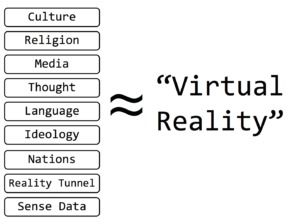Jul 8, 2016
Inside Microsoft’s plan to outsmart Google
Posted by Klaus Baldauf in categories: augmented reality, habitats, internet, mobile phones, robotics/AI
Satya Nadella bounded into the conference room, eager to talk about intelligence. I was at Microsoft’s headquarters in Redmond, WA, and the company’s CEO was touting the company’s progress in building more intelligent apps and services. Each morning, he told me, he puts on a HoloLens, which enables him to look at a virtual, interactive calendar projected on a wall of his house. Nadella appeared giddy as he described it. The system was intelligent, productive, and futuristic: everything he hopes Microsoft will be under his leadership.
No matter where we work in the future, Nadella says, Microsoft will have a place in it. The company’s “conversation as a platform” offering, which it unveiled in March, represents a bet that chat-based interfaces will overtake apps as our primary way of using the internet: for finding information, for shopping, and for accessing a range of services. And apps will become smarter thanks to “cognitive APIs,” made available by Microsoft, that let them understand faces, emotions, and other information contained in photos and videos.
Continue reading “Inside Microsoft’s plan to outsmart Google” »


















